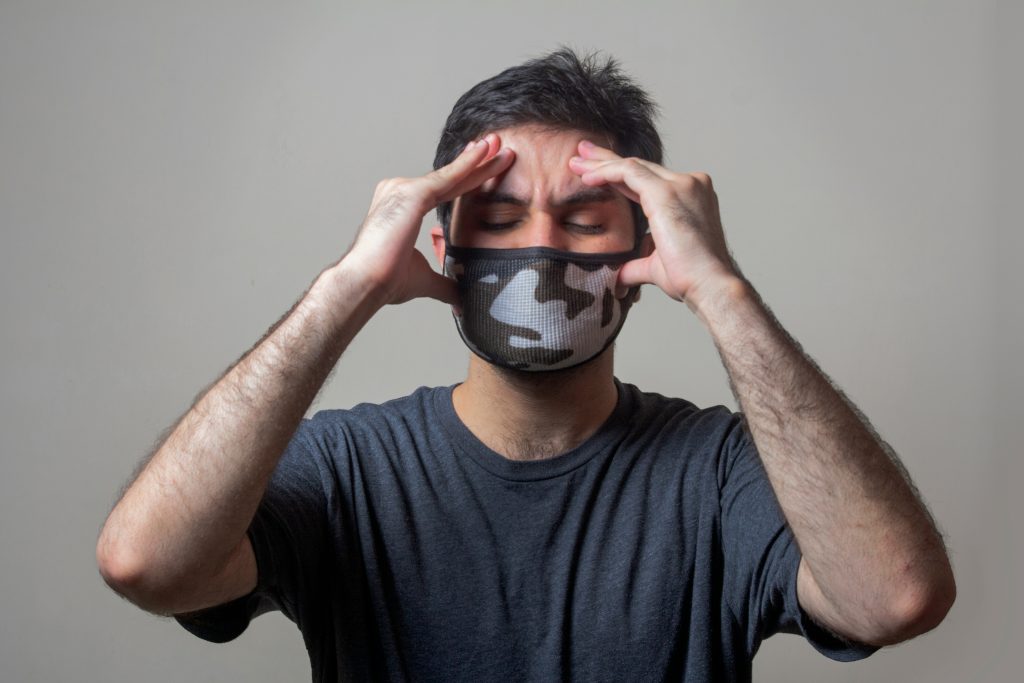Recovery doesn’t happen in a single moment — it happens in the quiet consistency of daily life. At Central Florida Counseling & Recovery Centers (CFCRC), we believe that building and maintaining healthy daily routines is one of the most powerful tools patients can use to support their outpatient mental health journey.
Whether someone is navigating depression, anxiety, trauma, or a co-occurring condition, structure is often the key to long-term success. With outpatient care, patients have the opportunity to stay engaged with real life while receiving treatment — and routines help bridge that balance between therapy and everyday life.
In this article, we’ll explore the science behind routines, how they contribute to outpatient recovery, and practical strategies CFCRC uses to help patients build structured lives that support healing.
Why Routines Matter in Mental Health Recovery
When life feels chaotic or unpredictable, mental health often suffers. Routines help restore a sense of predictability, safety, and self-control, which is especially important for individuals healing from emotional or psychological distress.
Benefits of Daily Routines in Recovery:
- Reduce anxiety by minimizing uncertainty
- Support medication and appointment adherence
- Improve sleep and energy levels
- Reinforce positive habits
- Build self-confidence and autonomy
- Strengthen the connection between therapy and daily action
In outpatient care, where patients aren’t in a controlled environment like inpatient or residential programs, the structure they create in their own lives becomes a vital part of the healing process.
The Brain Loves Predictability
Neuroscience shows that routine reduces cognitive load — the mental energy it takes to make decisions. When healthy habits are automated (e.g., waking up at the same time, taking medications, attending therapy), the brain is freed up to focus on processing emotions, problem-solving, and building insight.

That’s why even small, repeatable actions can have a big impact in stabilizing mood and increasing motivation.
How CFCRC Helps Patients Build Effective Daily Routines
At CFCRC, we go beyond symptom management. We help patients take action in their day-to-day lives through therapy, behavioral coaching, and integrated primary care support.
Here’s how we help patients strengthen their recovery through routines:
1. Goal-Oriented Therapy Sessions
In outpatient counseling, our therapists work with patients to:
- Set clear, realistic weekly goals
- Identify current obstacles to structure
- Create small daily action steps (e.g., wake-up time, journaling, 15-minute walk)
- Track progress and adjust goals each session
Routines don’t have to be rigid — they just need to be repeatable and intentional.
2. Scheduling Around Wellness Anchors
We encourage patients to anchor their routines around wellness touchpoints, such as:
- Therapy appointments
- Primary care checkups
- Medication times
- Meals and hydration
- Movement or exercise
- Social connection
This helps create rhythm and accountability throughout the day, reducing impulsivity and emotional dysregulation.
3. Mind-Body Alignment Through Primary Care
For patients with chronic conditions, we integrate primary care with therapy to ensure their routine also supports physical wellness. This might include:
- Blood sugar checks
- Nutrition goals
- Sleep routines
- Medication adherence
When mind and body are aligned, recovery becomes more sustainable.
4. Coping Strategy Reinforcement
Many patients struggle with fluctuating motivation. Our team helps them build backup plans and “if/then” strategies to stay on track:
- “If I miss a morning walk, then I’ll take a short stretch break at lunch.”
- “If I feel overwhelmed, I’ll use my breathing app before deciding what to do next.”
This prevents all-or-nothing thinking and supports emotional flexibility — a key skill in recovery.
Who Benefits Most from Structured Routines?
While everyone can benefit from healthy structure, routines are especially effective for individuals managing:
- Depression (reduces fatigue, builds motivation)
- Anxiety (adds predictability and calm)
- ADHD (creates scaffolding for focus)
- PTSD (promotes safety and control)
- Substance use recovery (minimizes idle triggers and enhances accountability)
- Chronic illness (reinforces self-management strategies)
Outpatient therapy allows patients to build routines that support healing in the real world — not just in session.
For Referral Partners: Why Routine-Building Matters
Healthcare providers referring patients to outpatient therapy should understand the critical role structure plays in recovery. Patients who are supported in routine-building are more likely to:
- Show up consistently for appointments
- Adhere to medication and self-care plans
- Maintain employment or school stability
- Experience fewer crises or relapses
CFCRC therapists regularly report on patient progress (with consent) and can coordinate care plans to reinforce lifestyle interventions set by referring providers.

How Patients Can Start Building Better Routines Today
If you or someone you love is in outpatient treatment — or considering it — here are a few first steps to get started:
- Choose one consistent wake-up time (even on weekends)
- Schedule at least one self-care action per day (e.g., walk, journal, call a friend)
- Set reminders for medications or hydration
- Build a calming evening wind-down routine
- Celebrate small wins to build momentum
Our team can help you take these small steps and turn them into lifelong habits.
The Road to Recovery Is Built One Day at a Time
At CFCRC, we believe outpatient recovery is about more than showing up for therapy — it’s about what you do with the other 23 hours of the day. With consistent structure, support, and compassion, daily routines become the foundation for long-term healing.
Ready to Build Your Recovery Routine?
If you’re ready to take the next step in outpatient care or want to refer someone who could benefit from routine-based support, we’re here to help.
Fill out the form below, and a member of our team will contact you to get started.
You can also reach us at:
Central Florida Counseling & Recovery Centers
Primary Care & Counseling Services
📍 6900 Turkey Lake Rd Suite #1-2, Orlando, FL 32819
📍 1120 S Park Ave, Apopka, FL 32703
📞 (407) 370-5357
Let’s work together to turn daily habits into lasting healing — one step at a time.



